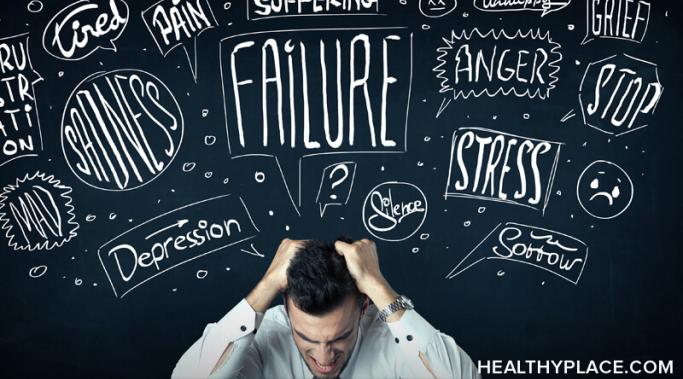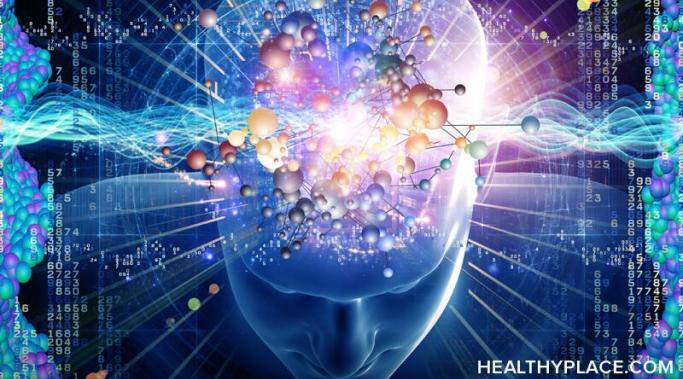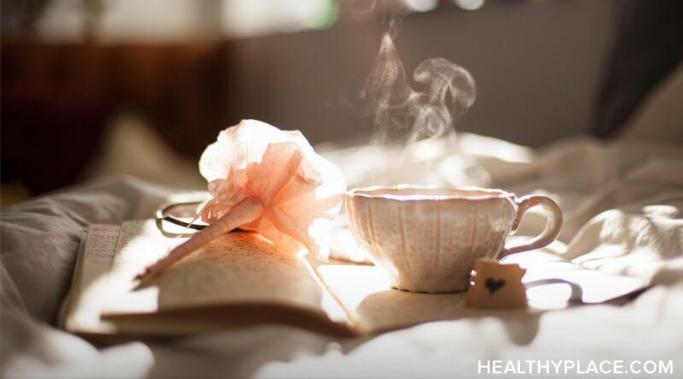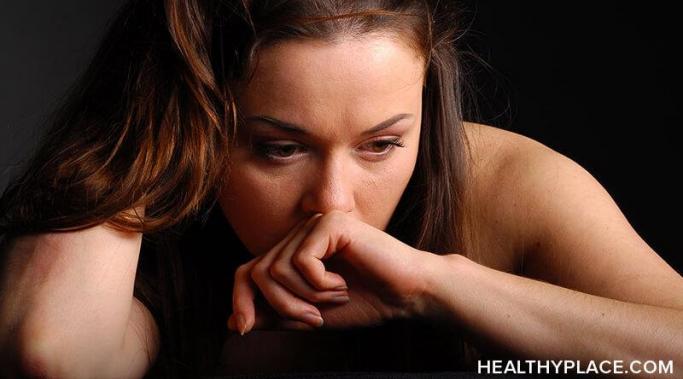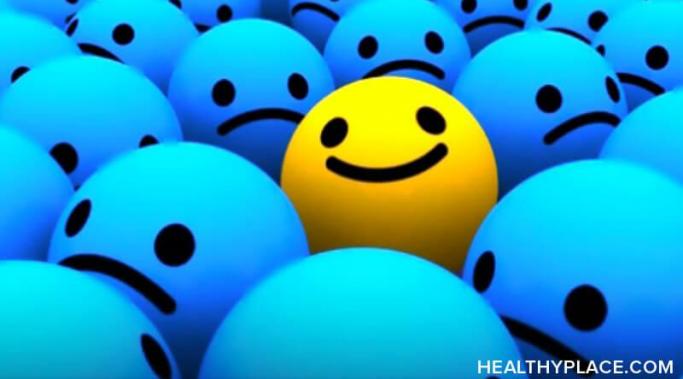Today we'll discuss how not to hate your life. But first, in the last post, I suggested that we ought to drive a wedge between the mechanism by which we understand the world—our brains—and the product of that understanding—ourselves. In the end, I declared that you are pure observation. If you're still scratching your head about this, an easier way to view it is to equate yourself with your experience of reality, keeping in mind that said experience is mediated completely by your brain. It's critical you understand this. Because if you don't, you won't understand that your experience of reality and reality itself has very little to do with each other. The latter is unyielding. The former is entirely subject to the direction it's pointed in.
Self-improvement - Living a Blissful Life
It's critical we understand our most important tool. I'm talking about your brain, of course, the very organ that mental wellbeing—and its antithesis, mental illness—originate from. Now, plenty of ink more knowledgeable than mine has been spilled on this subject; a quick Google search will tell you almost anything you want to know about the flesh wad in your head. What I want to do today isn't give you a lesson that Wikipedia could deliver better. Instead, I want to offer you a perspective you'd be hard-pressed to find amidst the citations. I want to help you understand your brain.
Hello, everybody, and welcome to my first official installment of "How to Live a Blissful Life." If I weren't in such an atrocious mood, I'd be happy to be here, but unfortunately, I'm in a bit of a tizzy. For the better part of a day, I've been hacking my way through the unforgiving jungle of my mind with my machete of words in order to deliver you something brilliant for this inaugural post. About an hour ago, I punctuated my final sentence and gave the piece I'd just barely conquered a once over. It was bad. It was really, really bad. It was drowning in inauthenticity and pretension, and I wouldn't have let you touch it with a 10-foot stick.
I've found that sometimes I need to trick my mind into changing my beliefs. While there are endless ways to do this, one, in particular, has worked well for me. Incorporating affirmations into my daily life has helped change my beliefs more habitually. And when you alter your beliefs, especially when it comes to what you think about yourself, life gets a whole lot better.
This year has been pretty overwhelming for most of us, so we need some self-care hacks to cope. In addition to the general stress of 2020, we are now approaching a season that often brings pain and grief to the forefront. With this in mind, I want to share some of my favorite skills for self-care during challenging times.
"Feeling the fear" as an adult is much different from what our caregivers told us. How often did you hear someone tell you not to be afraid when you were growing up? Your parents likely said you don't need to be afraid of the dark when you went to bed. Maybe a coach encouraged you not to be fearful about trying a new skill. Did your teacher ever tell you not to be afraid to speak up in class?
Intimate relationships often hold a mirror to us so that we may see the unhealthiest parts of ourselves. I have recently made an important connection between my codependent behaviors and my self-worth, thus unearthing a new phase in my personal wellness journey.
How you start your day can make or break your next 24 hours. There are so many ideas and suggestions about how to spend your time immediately after crawling out of your cozy bed. I've heard a lot of people say getting the hardest task out of the way first is the right approach. Others say following a morning routine will set your day up for success. After trying more morning rituals than I can count, I've learned that the best way to start my day is to do something that gives me energy. Feeling like I can tackle the day, rather than walking through the motions sluggishly, has helped me lead a happier life.
Who doesn't want more happiness? But when you feel like you need a change and don't know which way to turn, life can feel nothing short of confusing and frustrating. I've found that coming back to yourself and focusing on what fuels you can be powerful. When you can settle in and determine what's actually important to you specifically, a world of happiness emerges.
There are signs of healthy relationships, just as there are red flags for unhealthy ones. Nearly everyone can relate to being in an unhealthy relationship. It's easy to see it when those we care about are in them, but sometimes it's harder to see when we are in the midst of one ourselves. Luckily, there is a lot of information from relationship experts online and in books about relationship red flags. But what about relationship green lights? What are the signs that you are in a healthy relationship? Read on to find out what I've learned about the six signs of a healthy relationship.
